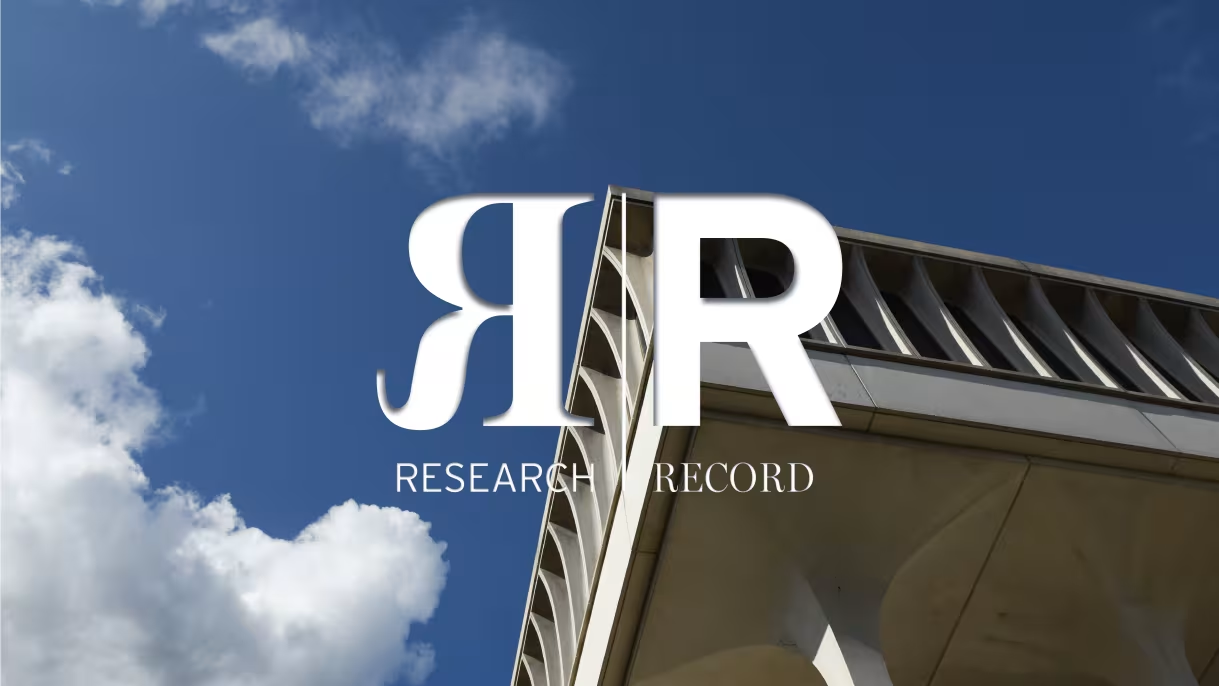

Research Record: Unlock the Potential of Vaccines in Food-Producing Animals
Princeton SPIA’s Research Record series highlights the vast scholarly achievements of our faculty members, whose expertise extends beyond the classroom and into everyday life.
If you’d like your work considered for future editions of Research Record, click here and select “research project.”
The Details

Authors: Ramanan Laxminarayan, Alec Gleeson, Justin Sheen, C. Jessica Metcalf (Princeton University); Chadi M. Saad-Roy (University of California, Berkeley); Guy H. Palmer (Washington State University); Eric M. Fèvre (University of Liverpool)
Title: Unlock the potential of vaccines in food-producing animals
Journal: Science
The Big Picture
Despite their many benefits – including increased health of livestock and poultry, improved food safety, and a reduction in transmission of diseases to humans – animal vaccines receive much less attention than their human counterparts. On top of that, they are not as widely administered in low- and middle-income countries as they are in high-income countries.
Increased funding and policy changes could help ameliorate the situation, according to Laxminarayan and his colleagues. But the team also wondered whether a boost in vaccinations might have broader societal benefits beyond improving the health of animals. To find out, they reviewed the literature, analyzed data from the World Organisation for Animal Health and the Food and Agriculture Organization of the United Nations, and modeled the global benefits of increased animal vaccination.
“This is … a scientific problem of fundamental importance and applied relevance,” the researchers write. “… [V]accines remain considerably under-used in animal health, despite playing a tremendous role in human health.”
The Findings
The team’s modeling found “many reasons to support the wider use of vaccines in food-producing animals.”
First, increased vaccination helps improve economic well being. Animals are a source of income and food security, especially in impoverished areas. Additionally, healthier animals result in higher yields.
Second, with rising demand for meat production leading to greater interaction between meat industry workers, veterinarians, and farmers and the animals themselves, more vaccination of domesticated animals reduces the risk of pandemic infection due to spillover from wild animal populations.
Third, healthier animals and increased yields help mitigate climate and other environmental impacts. “Recent work has quantitatively shown that greenhouse gas emissions could be reduced by decreasing the burden of animal diseases,” the authors write.
Fourth, animal vaccines reduce the need for antibiotics, “reducing the risk of emergence of antibiotic resistance,” Laxminarayan says.
The Implications
The authors identify several initiatives necessary “to achieve a major revolution in animal vaccination.” These include a more integrated, cross-disciplinary approach to vaccine development and monitoring; streamlined testing and approval processes; and increased funding.
The potential payoffs, they say, are huge, writing, “Few global investments could claim to have similarly broad benefits at so modest a cost.”
Laxminarayan and the team plan to follow up with a broader effort to quantify the economic value of animal vaccines and to build the case for global investment in vaccination.
This is a multidisciplinary effort that involves veterinarians, infectious disease epidemiologists, economists, and vaccine experts,” he says. “We are currently seeking funding to carry out this effort.”

